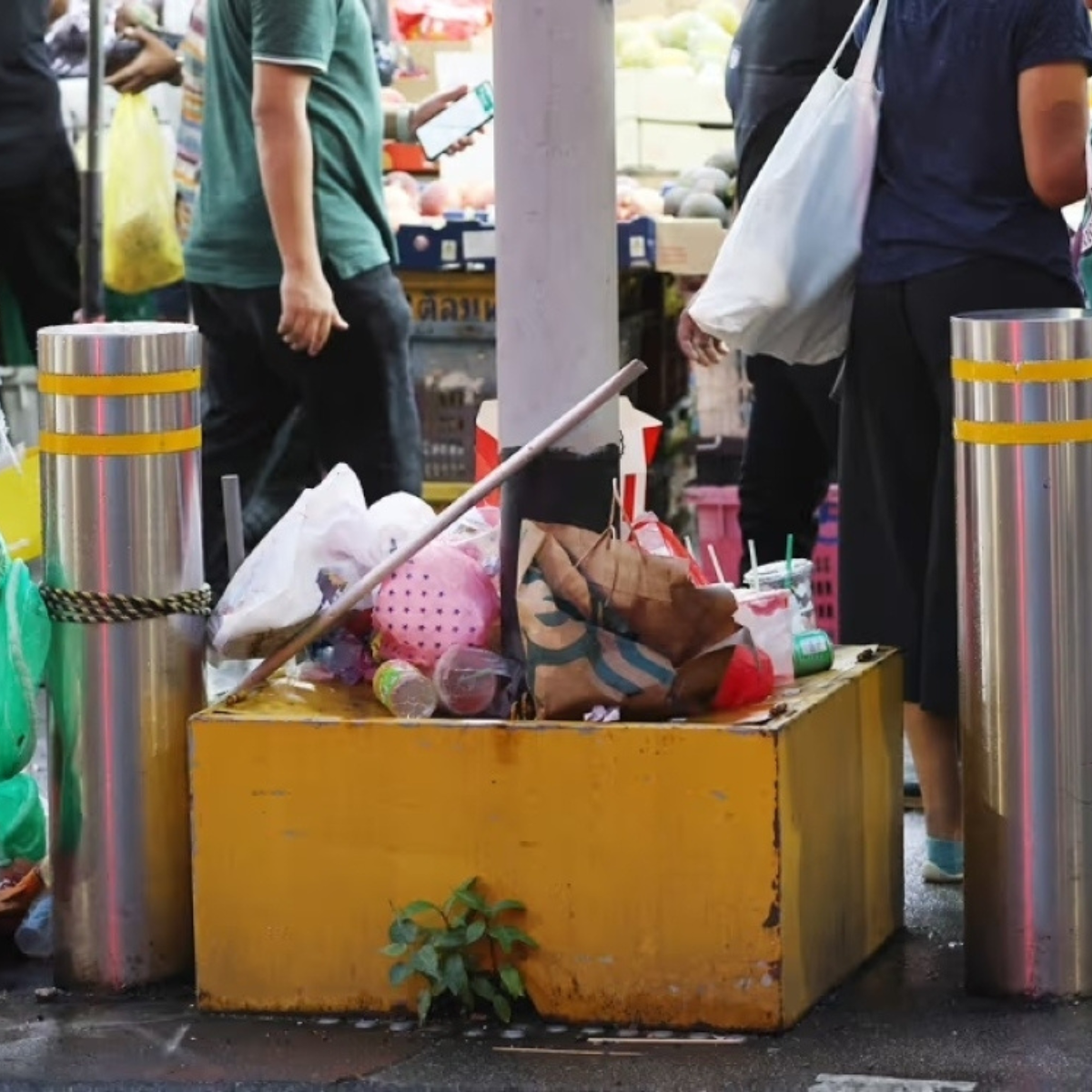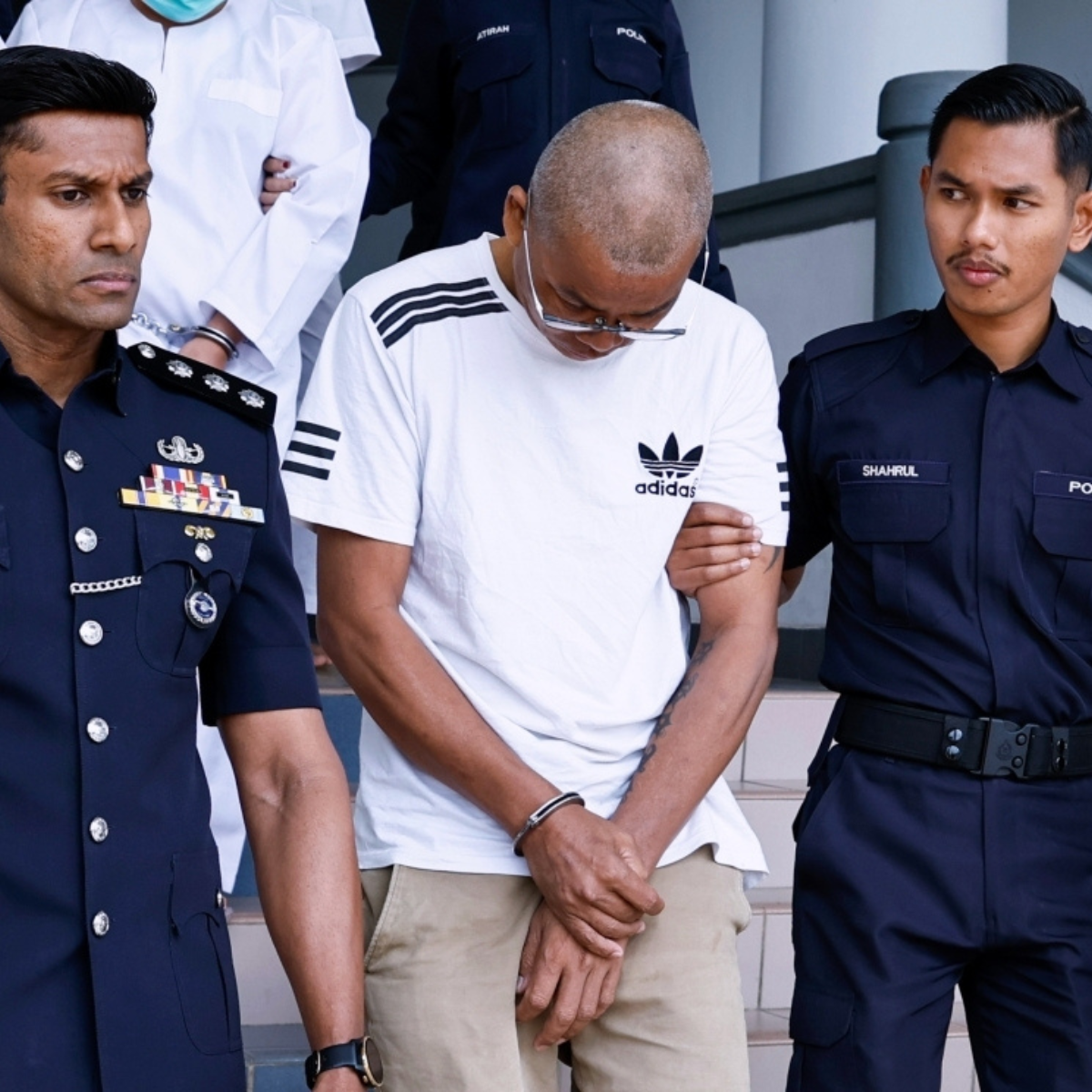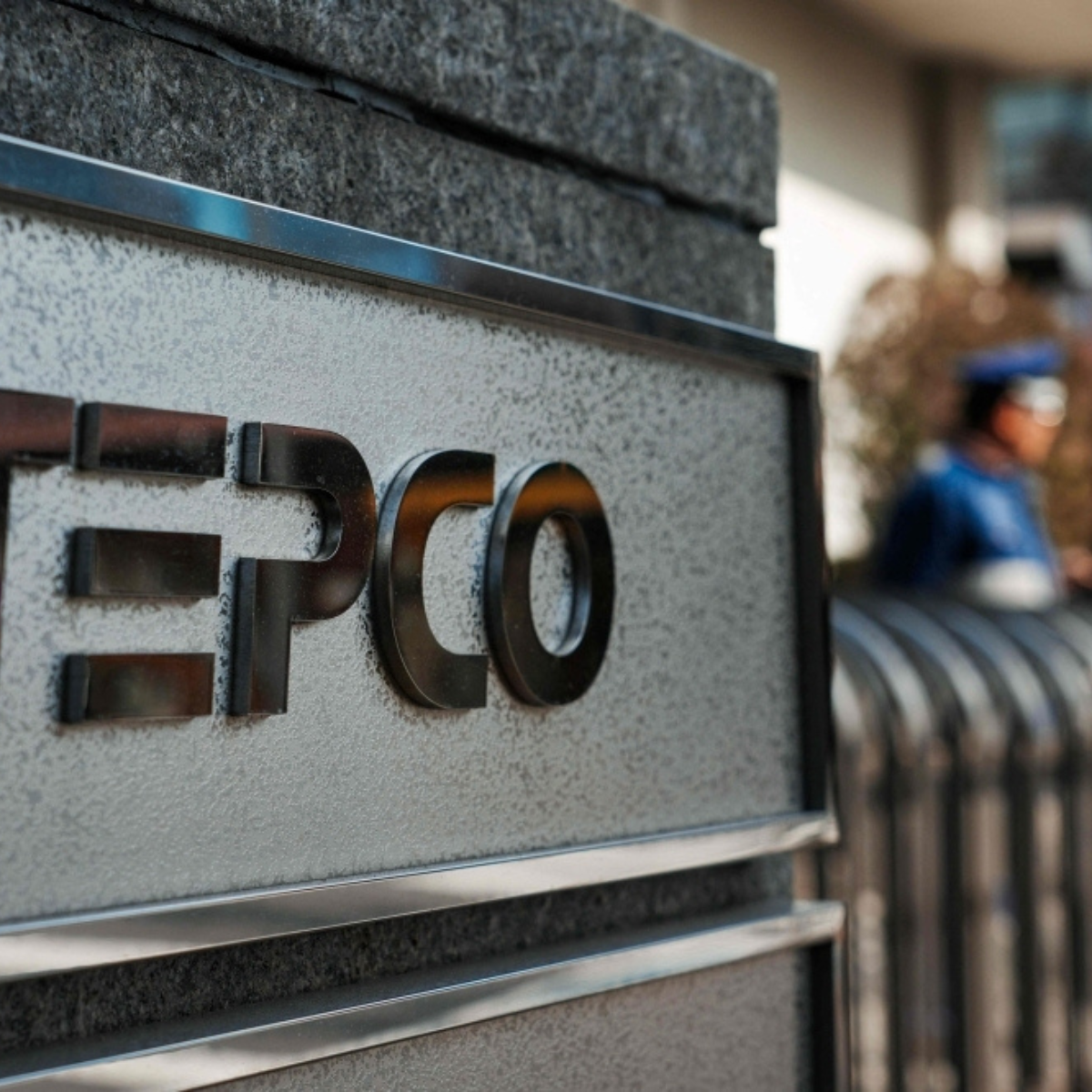KUALA LUMPUR, Jan 23 — Two foreign nationals have become the first individuals in Malaysia to be charged in court for littering under the newly enforced anti-littering law, according to a report by The Star.
PARIS, Feb 22 — President Donald Trump is engaged in a legal battle to end the automatic right to citizenship for children born in the United States, even if their parents arrived illegally.
Approximately one-third of countries have similar provisions, known as "jus soli" or "right of soil," but debates are intensifying globally over this right.
Widely Used in the Americas
Shortly after assuming office in January, Trump signed an executive order aiming to redefine the 14th Amendment of the U.S. Constitution, which grants citizenship to anyone born on U.S. soil. However, this order has been blocked by lower district courts, and an appeals court upheld those rulings on Wednesday.
Trump claimed that the United States, where this right has been in effect for over 150 years, was the only country offering birthright citizenship. Yet, as of January 1, 4, about 38 countries, primarily in the Americas, recognized unconditional jus soli, according to data from the Global Citizenship Observatory at the European University Institute in Italy.
Newborns in countries like Canada, Mexico, Argentina, and Ecuador also receive citizenship by birth. In the 19th century, these nations adopted jus soli to attract European immigrants and foster loyalty among new inhabitants.
Some Latin American countries, such as Colombia and the Dominican Republic, have conditional jus soli, with exceptions based on parental residency.
Changes in Africa
In Africa, five countries—Chad, Tanzania, Mozambique, Lesotho, and since 2022, Benin—practice jus soli. Maarten Vink, director of the Global Citizenship Observatory, notes that African nations often inherited citizenship laws from colonial powers. For instance, Mozambique retained Portugal's unconditional jus soli upon gaining independence in 1975.
Elsewhere, countries like Tuvalu, Moldova, Bangladesh, India, and Pakistan have jus soli provisions, though enforcement varies.
In total, 33 countries, mainly in Western Europe and West Africa, apply conditional jus soli. For example, Belgium, France, and Spain operate a "double right of soil," granting citizenship to children born in the country if at least one parent was also born there. In France, a child of foreign parents can acquire citizenship from age 13, provided they have lived in the country for at least five years.
The ongoing legal challenges to Trump's executive order highlight the complexities and global variations in birthright citizenship policies.






